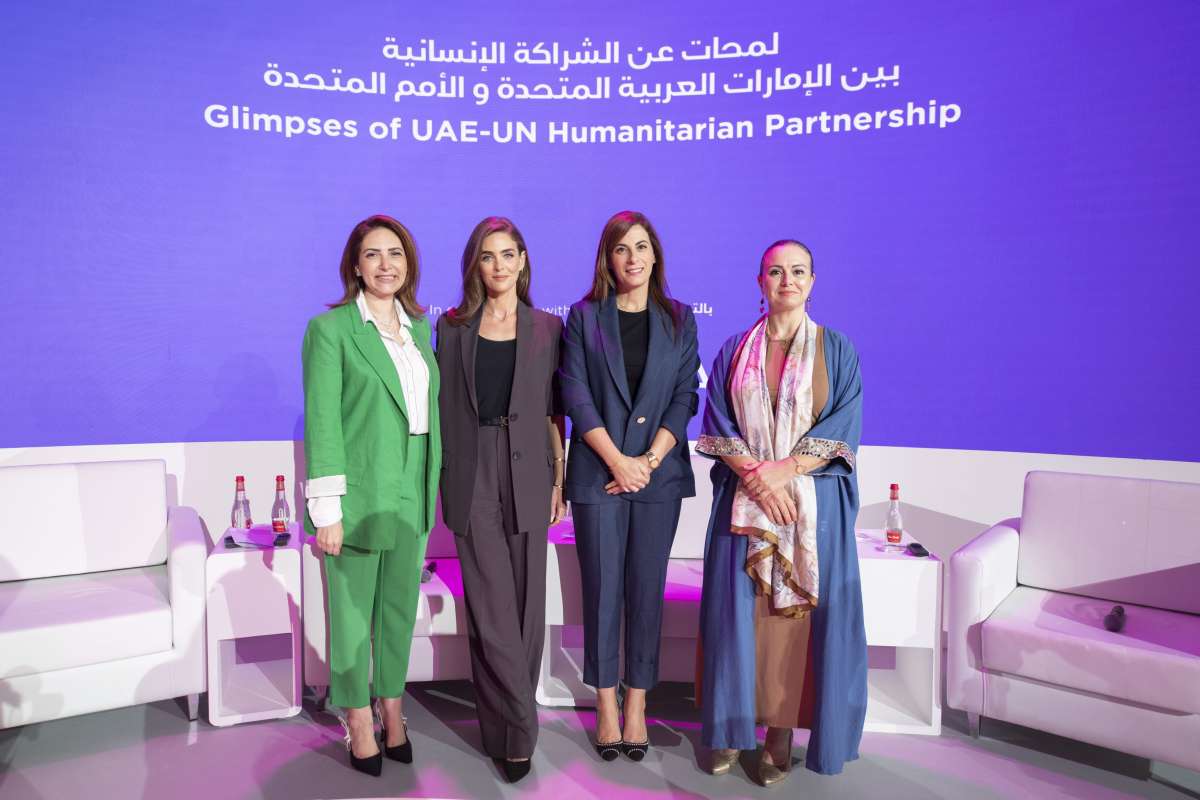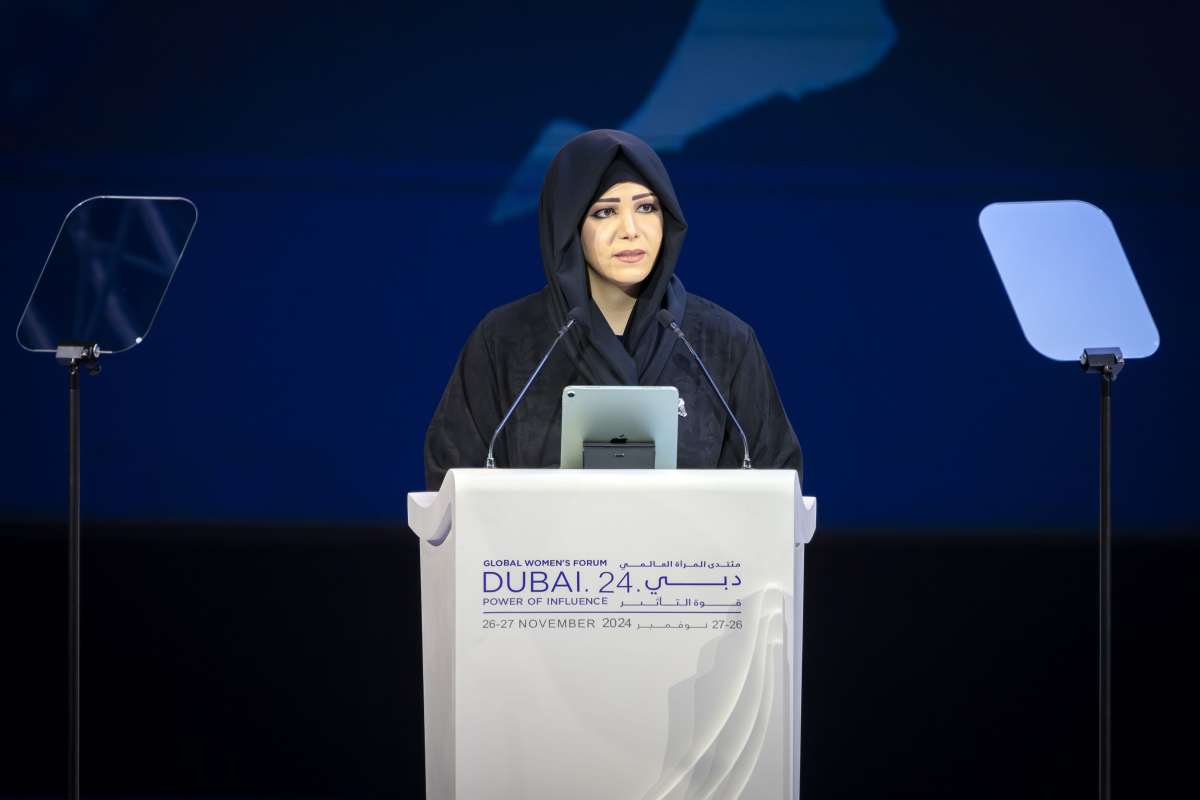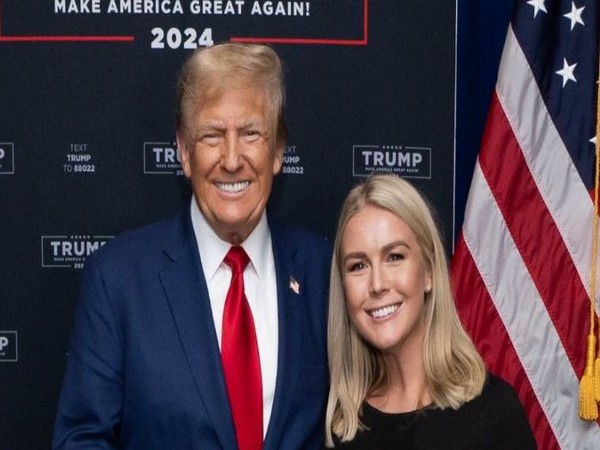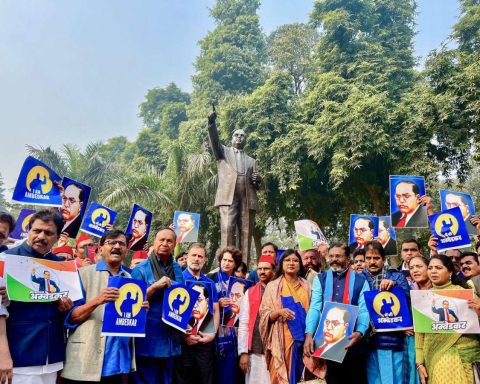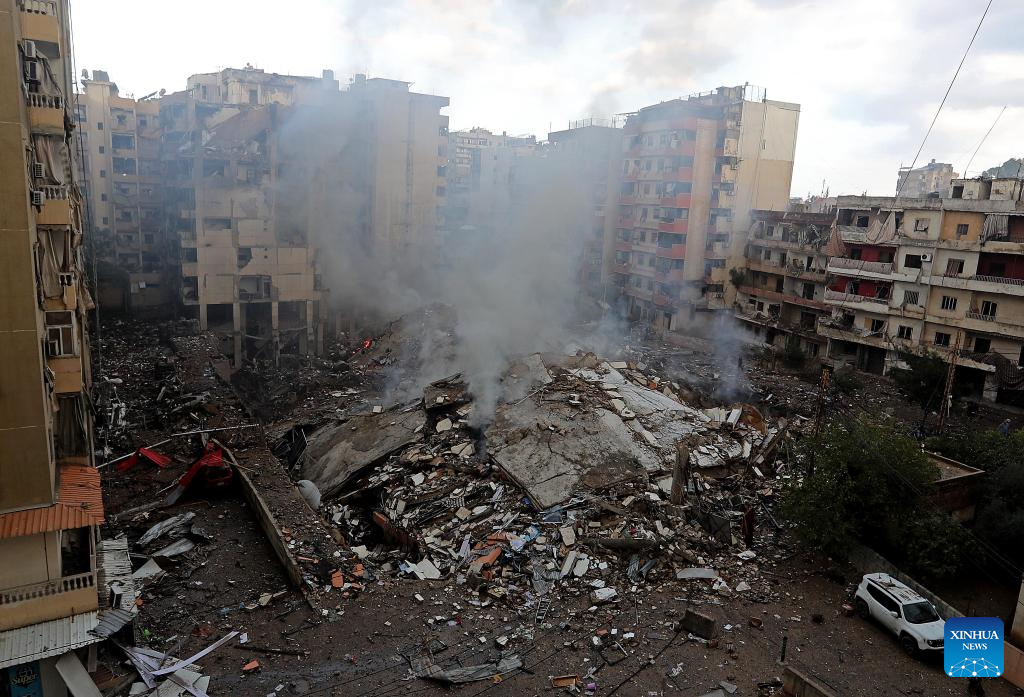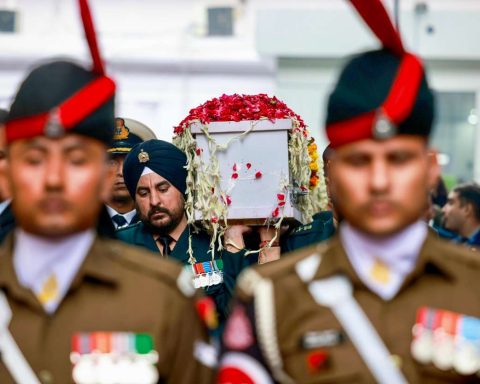Blame the dressing for rape! What an excuse! The prime minister should have known that he could not have satisfied everyone. He worsened his problem, and confirmed his own image as a misogynist, when he sought to defend the indefensible by blaming rising incidence of rape on ‘vulgarity’ from outside and on ‘obscenity’ of women dressing and behaving in public …. Dr Sakariya Kareem
Pakistan is again found fighting its demons within – of misogyny that encourages rape of women and children – by pointing fingers at the demons outside, like ‘vulgarity’ purveyed by the Western nations. A non-Western India is also brought in as a convenient alibi for the people to swallow.
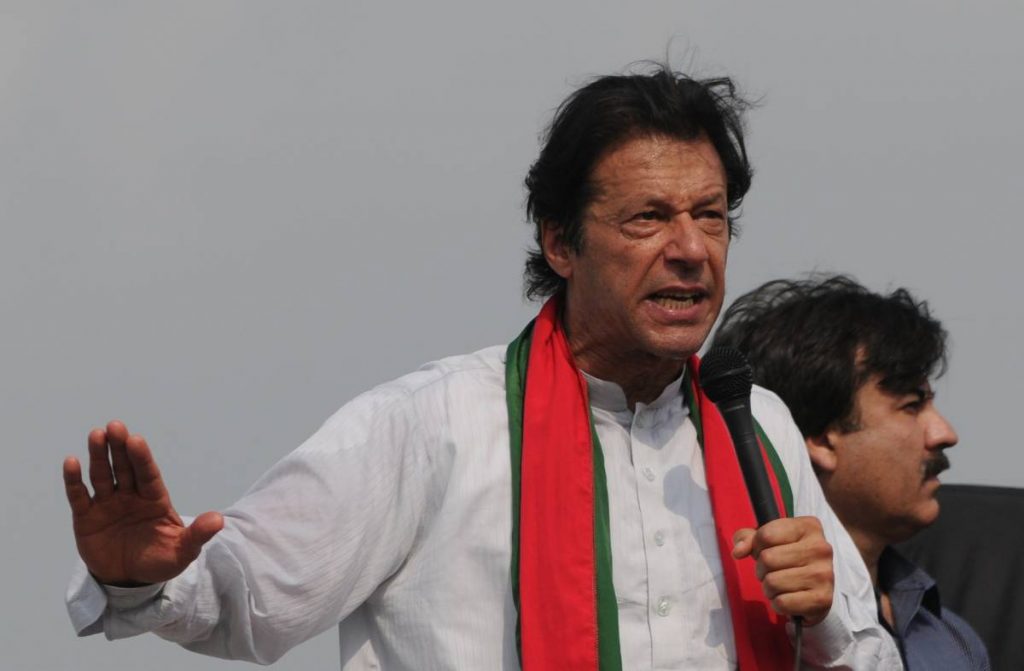
Prime Minister Imran Khan, a Western-educated man heading a nation of overwhelmingly conservative Muslims, walked into a dangerous minefield of contrasting views on this vexed subject by addressing a long question-answer telethon.
He should have known that he could not have satisfied everyone. He worsened his problem, and confirmed his own image as a misogynist, when he sought to defend the indefensible by blaming rising incidence of rape on ‘vulgarity’ from outside and on ‘obscenity’ of women dressing and behaving in public.
That opened the proverbial Pandora’s Box. Now, rights groups, the glitterati and the Tweeterati are all trolling him. At the other end of the social spectrum, it is doubtful if he has made the conservatives and the Islamists happy. But his political opponents, most of them who have been misogynists themselves, would be chuckling.
Mr Khan did not touch upon this but the major reason why the crime of rape is so grossly under-reported in Pakistan, with an estimated nine out of 10 cases not even being registered with the police. That hurdle is the tendency of a misogynistic society to blame adult female victims for ‘bringing’ the crime on themselves by their appearance, actions, etc.
For one who spent his young years in the West, with a reputation of having enjoyed the social life, he should have known that whatever he said would open him to criticism. But then, as a politician for nearly three decades, Mr Khan has also been close to and mentored by those, like late Lt. Gen. Hamid Gul, who preached religious extremism, violence and terrorism. As opposition leader he had earned the sobriquet of “Taliban Khan.”
Mr Khan would have realised that it is one thing to preach the “rule of Medina”, and quite another to govern a society that, howsoever conservative, is diverse and where women have begun to speak up, even if oppressed, and the media spreads the message, even if suppressed.
The Human Rights Commission of Pakistan (HRCP), battling admirably on a myriad issues from violence, prison conditions, disappearance of dissenters, attacks on religious minorities and many more, is now compelled to focus on a closely related issue: attacks on women who staged the “Aurat March”, a women’s solidarity movement that occurs annually in many Pakistani cities since 2018 to coincide with the International Women’s Day. The opposition to it was particularly bad this year since the organisers were accused of engaging in saying things – which they clarified they did not – that could attract the dangerous blasphemy law.
“HRCP condemns the use of unethical and inappropriate language against women in the daily Ummat. The newspaper must publish an unconditional apology and refrain from using such language in future,” the commission said.
The HRCP tactically skirted the controversy over the prime minister’s telethon over what he said and/or implied, and chose to focus on Ummat newspaper that used expletives against the marching women and held 14 countries responsible for spreading ‘vulgarity’ that promoted crime against women in Pakistan.
The Ummat list looked like an elaboration of what the prime minister said. Both agreed on one issue: that women attract crime and criminals by dressing ‘inappropriately.’ Both blamed women and Mr Khan, while condemning crime, explained that not every male in the society had ‘self-control’ to resist what he considered ‘vulgarity’ in women venturing out alone, and dressing and behaving in public. He implicitly put the onus largely on women, wanting them to ‘behave’.

The Human Rights Commission of Pakistan (HRCP) tactically skirted the controversy over the prime minister’s telethon over what he said and/or implied, and chose to focus on Ummat newspaper that used expletives against the marching women and held 14 countries responsible for spreading ‘vulgarity’ that promoted crime against women in Pakistan
Mr Khan did not touch upon this but the major reason why the crime of rape is so grossly under-reported in Pakistan, with an estimated nine out of 10 cases not even being registered with the police. That hurdle is the tendency of a misogynistic society to blame adult female victims for ‘bringing’ the crime on themselves by their appearance, actions, etc.
In a highly publicised case last November of a woman with two minor children stranded on the highway being raped, the then Lahore city police chief had suggested that the motorway rape victim bore some responsibility for her ordeal by being out late at night. He had asked why she was not accompanied by a male family member.
After a spate of such horrific rape cases – another being rape and murder of a six year old Sabina kidnapped from outside her house, President Arif Alvi last December promulgated the Anti-Rape Ordinance 2020. It expanded the definition of rape in terms of what acts constitute this crime and who can be defined as a victim, a much-needed step. The ordinance also stipulates measures to make the offence more prosecutable and act as a deterrent to its commission. These include anti-rape crisis cells; special courts for speedy trials of such cases; the establishment of a countrywide registry of sex offenders; and chemical castration of rapists, which is controversial on several fronts.
Mr Khan admitted that enacting laws alone was not enough and the society had to fight misogyny together. But, Dawn newspaper said in its editorial: “He mentioned several times that we as a society should fight rape and “vulgarity” but he never mentioned educating people on why this is wrong. By blaming vulgarity, he’s removing the onus from the rapist. What he should be saying is we must teach men that rape is wrong regardless of what the victim is wearing or doing.”
Undoubtedly, rape is not exclusive to any single country or society and occurs globally. But as Maria Amir writes in Dawn: “In Pakistan, rape culture is not only systemic, it is reinforced at every level. The idea that men simply cannot be expected to control their baser impulses in the presence of women has been normalised.”
READ MORE: #Auratmarch2020: Pak Women Turn Against Men, Mullah & Military
READ MORE: The Game Generals Play in Pakistan

